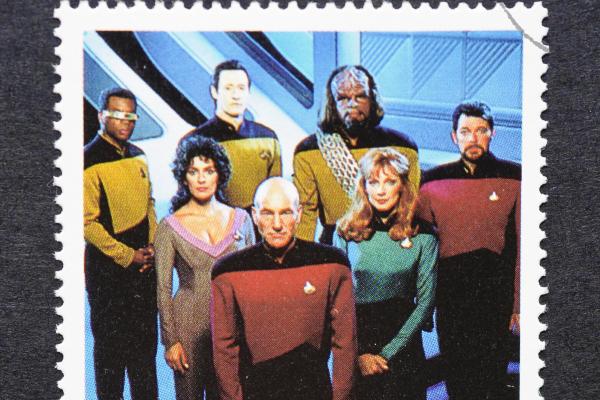Sep 9, 2016
The future for Roddenberry is not homogenous. Differences are embraced, not erased. Crews made up of different species, sexual orientations, genders, ages, and abilities each contribute in their own way to success of the ship’s mission.
The future envisioned by Star Trek is one of bringing more and more people into community, embracing difference, and proclaiming the entire society’s benefit to increased diversity. Star Trek, if we’re going to be blunt, is better known for what Christianity should be known for in our 21st century context
Read the Full Article

Already a subscriber? Login
